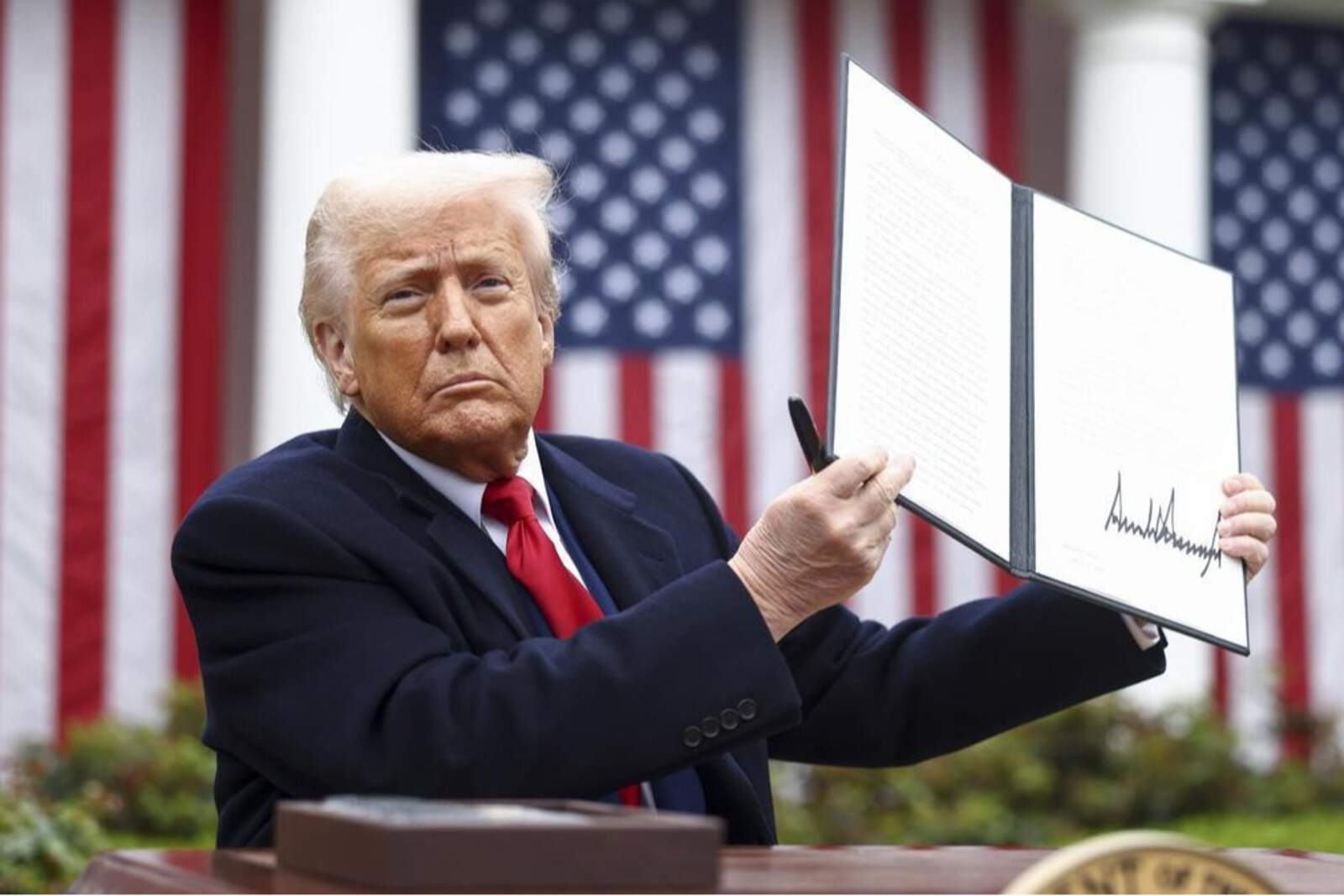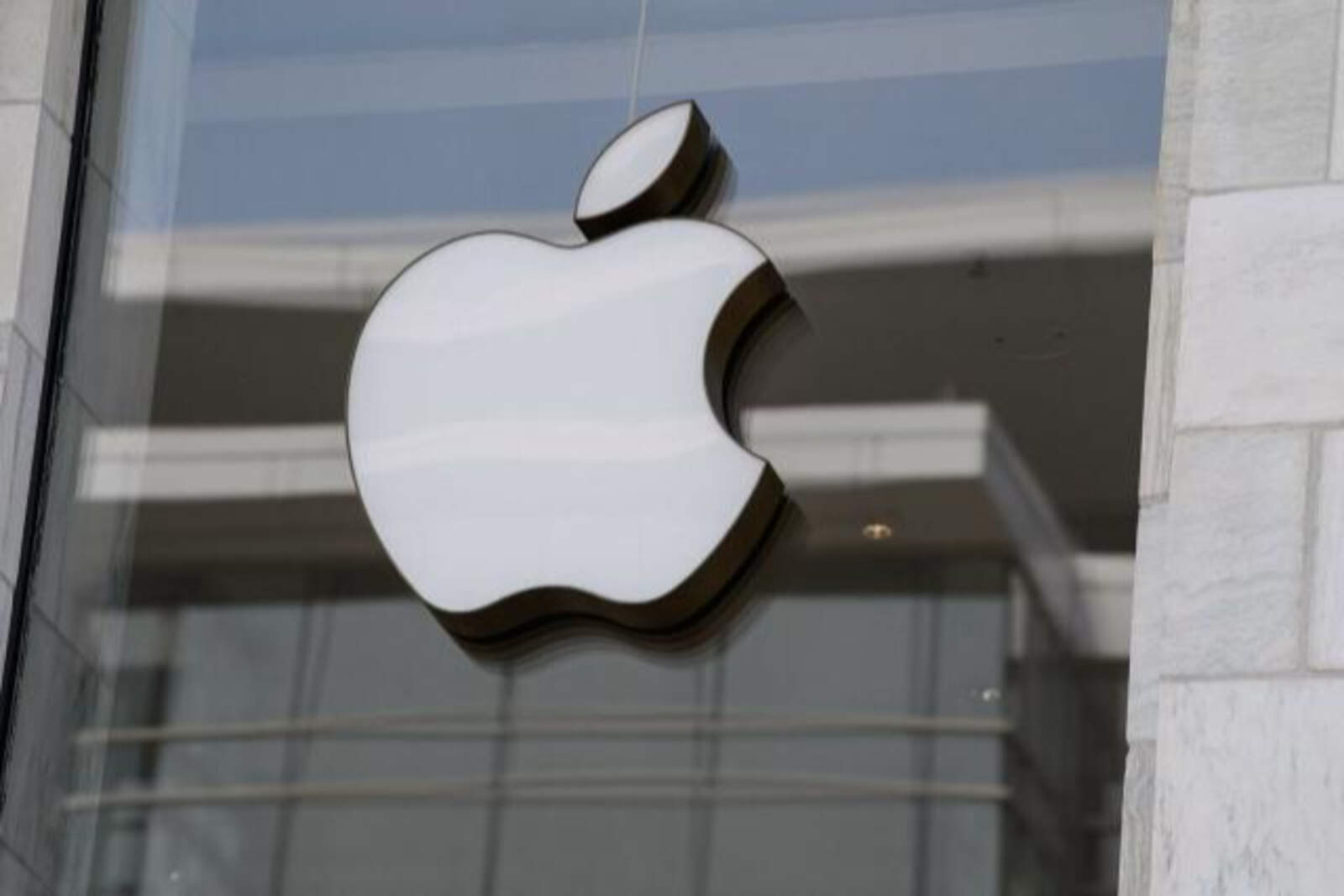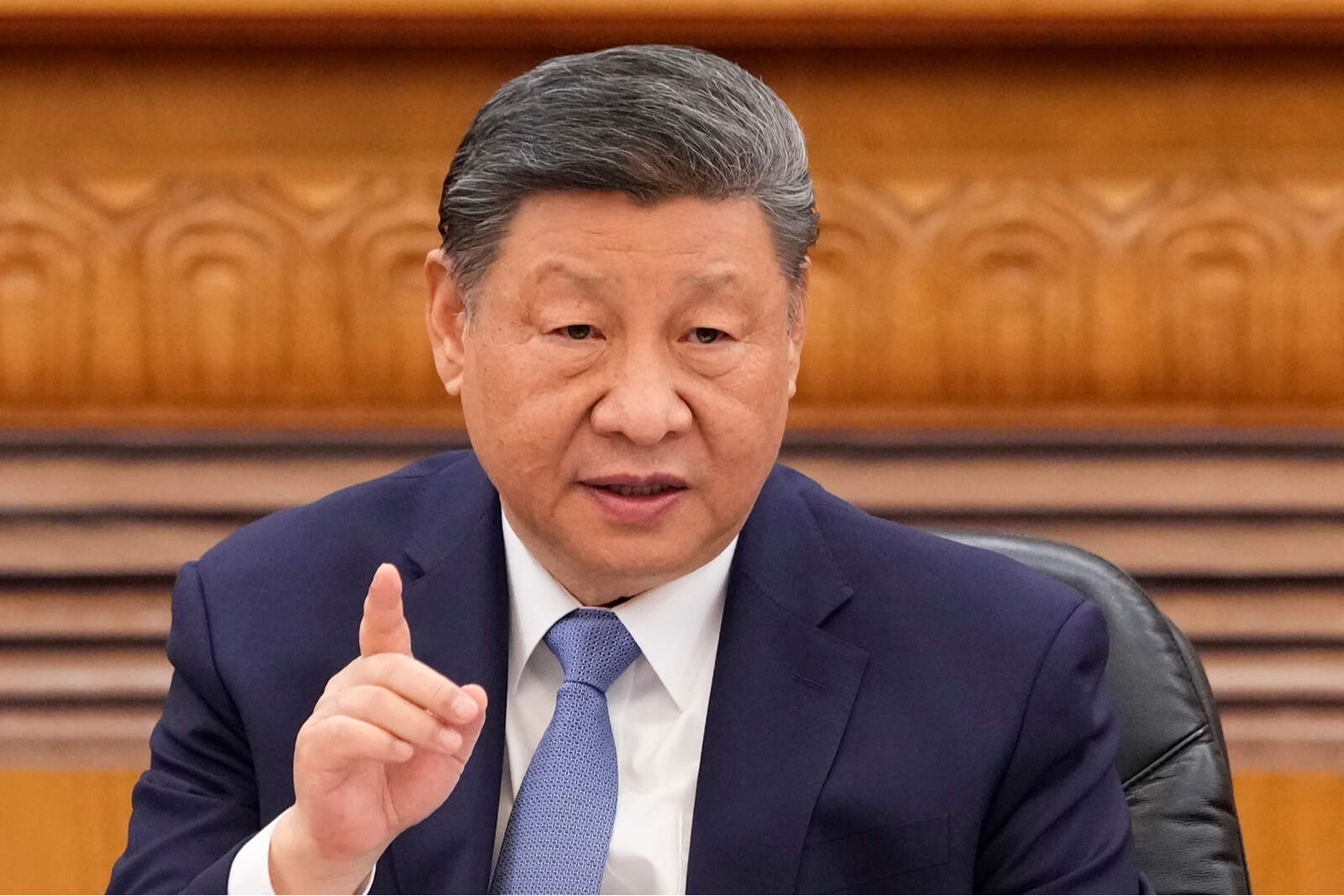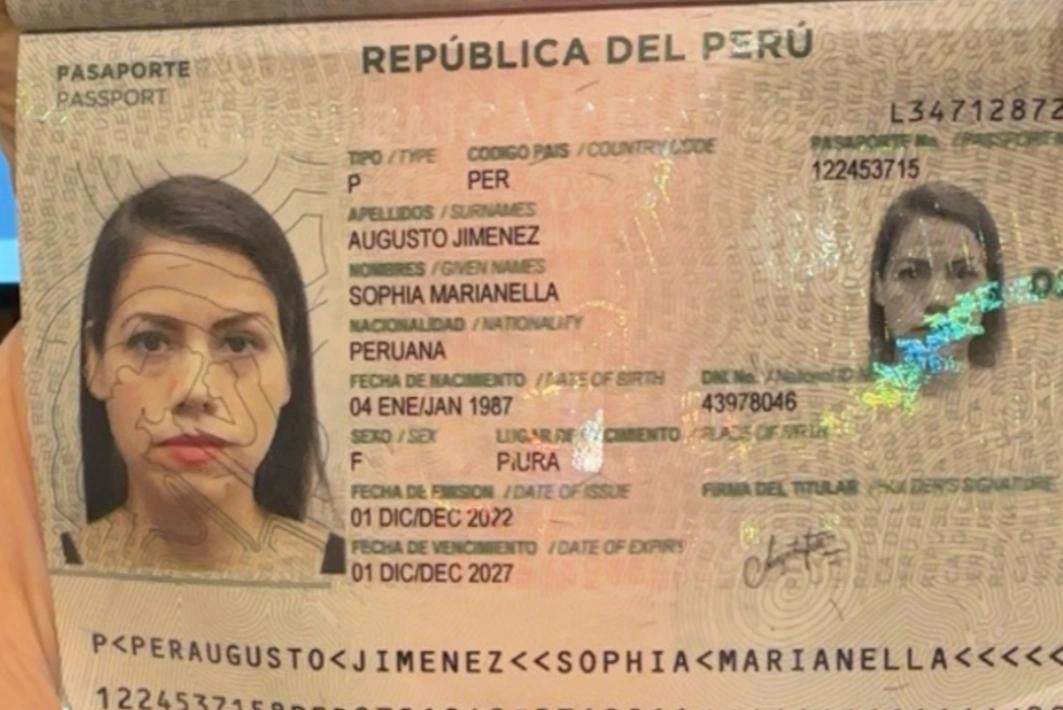Apple has begun chartering cargo flights to transport around 1.5 million iPhones from its factories in India to the United States, in an attempt to avoid the high tariffs imposed by President Donald Trump on imports from China.
This maneuver reflects the growing importance of India within Apple's global manufacturing strategy and its effort to diversify its production away from China.
In total, about 600 tons of iPhones were transported in six cargo flights, each with a capacity of 100 tons. The measure was driven by the increase in U.S. tariffs on products from China, which now reach 145%, compared to the 26% applied to imports from India, although the latter is on hold for 90 days following a recent decision by Trump.

Sources indicated that Apple pressured airport authorities at Chennai airport, in the southern state of Tamil Nadu, to expedite the customs clearance process from 30 to 6 hours, enabling a "green corridor" similar to what the company already uses at Chinese airports.
This accelerated logistics was planned over eight months, with the support of Prime Minister Narendra Modi's government, which seeks to position India as a key hub for global tech manufacturing.
According to available customs data, Foxconn's air shipments, Apple's main supplier in India, increased significantly in value: USD 770 million in January and USD 643 million in February, compared to between USD 110 million and USD 331 million in the previous four months. The cities of Chicago, Los Angeles, New York, and San Francisco were the main unloading points for these shipments.

Apple's immediate goal was to increase its production in India by 20%, for which the workforce was increased and the workday was extended, including the operation of the largest plant, owned by Foxconn in Chennai, also on Sundays, traditionally a non-working day.










